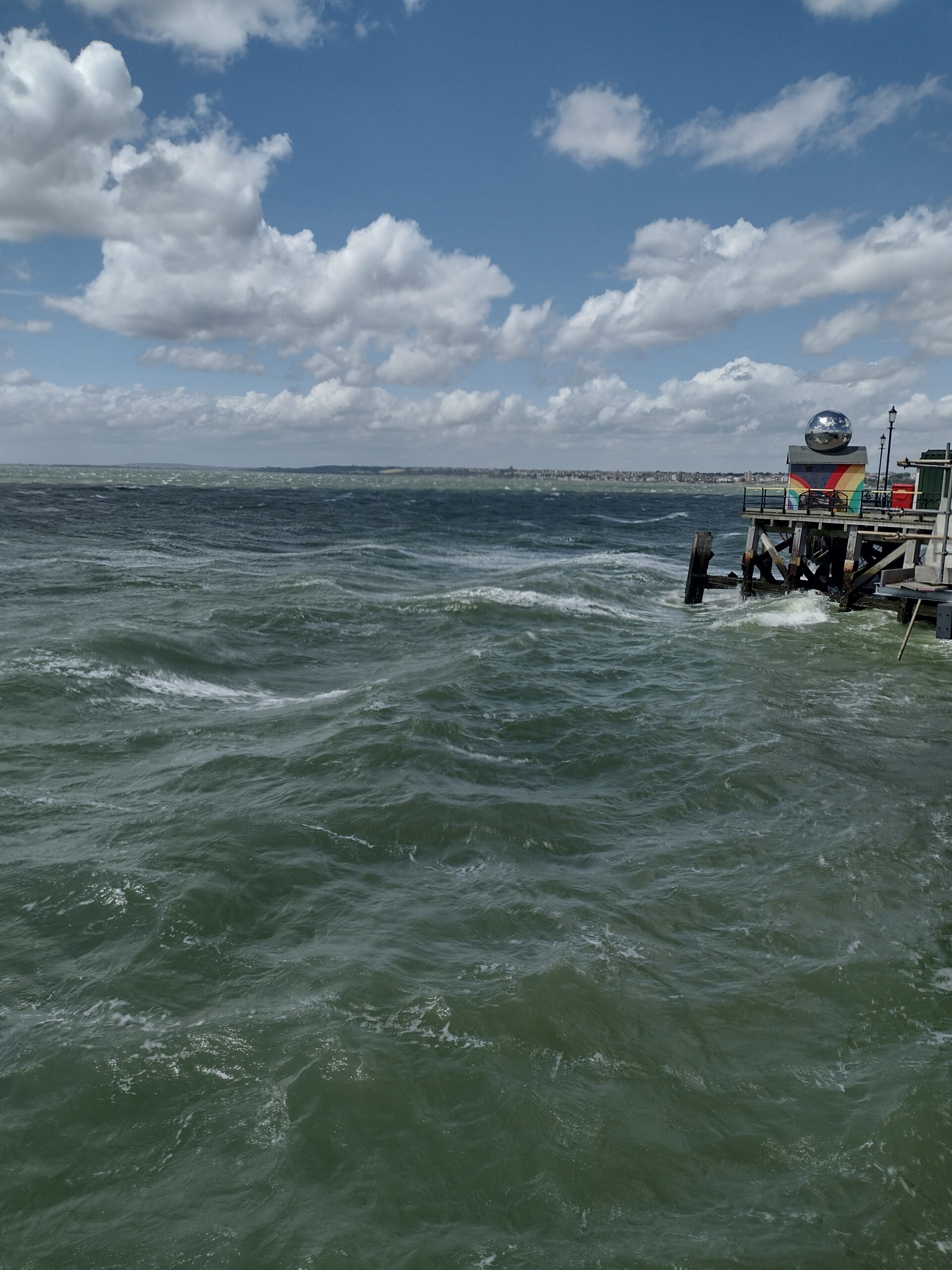Ten of us had a very good evening Wed 3 April hearing about British Traditional Music, in particular work songs and, later, radio ballads.
For work songs we heard sea shanties, military tunes, rural songs and industrial songs.
Work songs were for 2 main reasons – to keep in time and to remove boredom/protest.
Sea shanties were sung by the crew at work, and were either capstan or pulling types.
Examples we heard were “Paddy Doyle’s Boots”, “Drunken Sailors”, “Leave her, Johnny, leave her”.
Military tunes were to beat time, quick or slow. Originally officers paid for musicians in the regiment. Pipes and drums feature. Ceremonies have preserved them for us.
Examples we heard were “The Vly on the Turmut” (try it! – the official song of the Wiltshire Regiment, which the MP has to sing when elected!), “Wha Wada Fecht for Charlie” (Cheshire Regiment), “Ca Ira” (Yorkshire),. Then there are “Tom, Tom the Piper’s Son” connected to the Scots regiment, “Hearts of Oak for the Navy, “Life on the Ocean Wave” the Marines.
In 1990 the government’s “Option for Change’ reduced spending all round and impacted all the bands.
Rural examples –
Farming – “Scarborough Fair” – fairs had trade, music, hiring. Felicity cited Rode Hall as a modern-day example (thanks for the plug – it is this Saturday!).
Highwaymen – “Whisky in the Jar”.
Fox hunting – “D’ye Ken John Peel”
Brewing – “John Barleycorn”
Fulling tweed – waulking songs
Industrial tunes were sung in pubs after work – it was too noisy to sing at work – and veered towards more of the complaining type.
Weaving – e.g. Houghton Weavers
Mining – “It’s a working man I am” – very dour, “The Blackleg Miner” (from Northumberland).
Medical support encouraged singing and blowing brass instruments to clear lungs of coal dust, leading to Colliery Bands and Miners’ Male Voice Choirs.
Baking – “The Baker’s Daughter”
Current day examples of work songs are “Paperback Writer” – the Beatles, “Major Tom” – David Bowie, “My Old Man’s a Dustman”, “The Fastest Milkcart in the West”, “Postman Pat”, “Fireman Sam”.
On to Radio Ballads….
Ewan McColl, who was a Communist in the 1930s, collected and recorded many traditional songs, e.g. “Manchester Rambler” about the Kinder Mass Trespass, and “the First time ever I saw your face”.
There is an interesting one about John Axon a train driver who was a crash saviour, available on Youtube. He was the subject of a radio ballad in 1957, the first in a series by Ewan McColl and Peggy Seeger.
Recordings of real voices were used to lead to these radio ballads.
Examples – “The Iron Road” (railway), “The Big Hewer” (mine), “Shoals of Herring” (aka Singing the Sea”), “The Net Hauling Song”.
In 2006 six new ballads were released, not quite as good as the originals.
So, a fascinating, absorbing night, with plenty to follow up on and an offer to elaborate on the radio ballads another evening – not to be missed.


